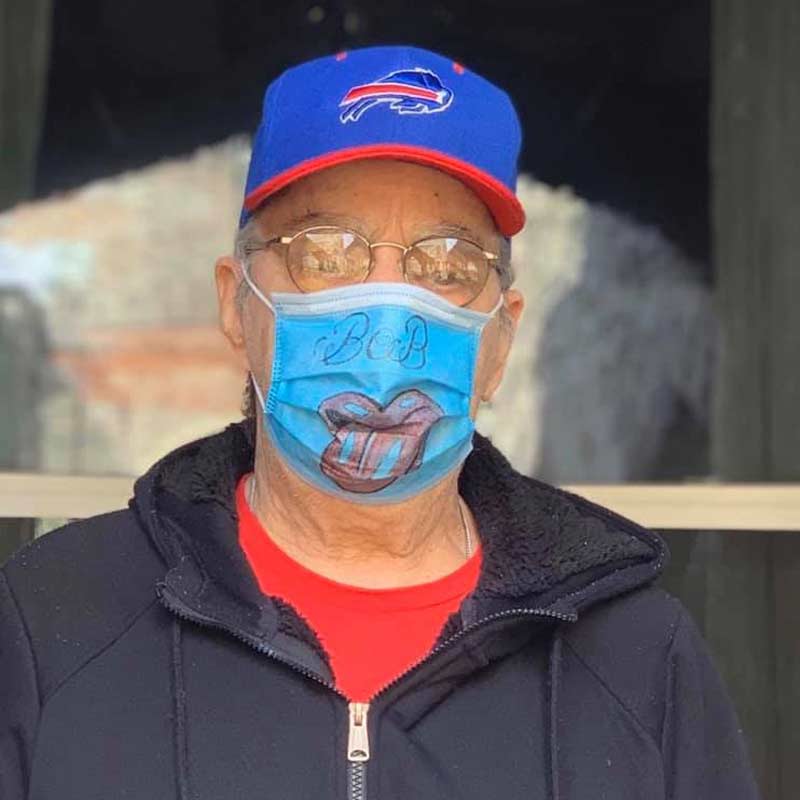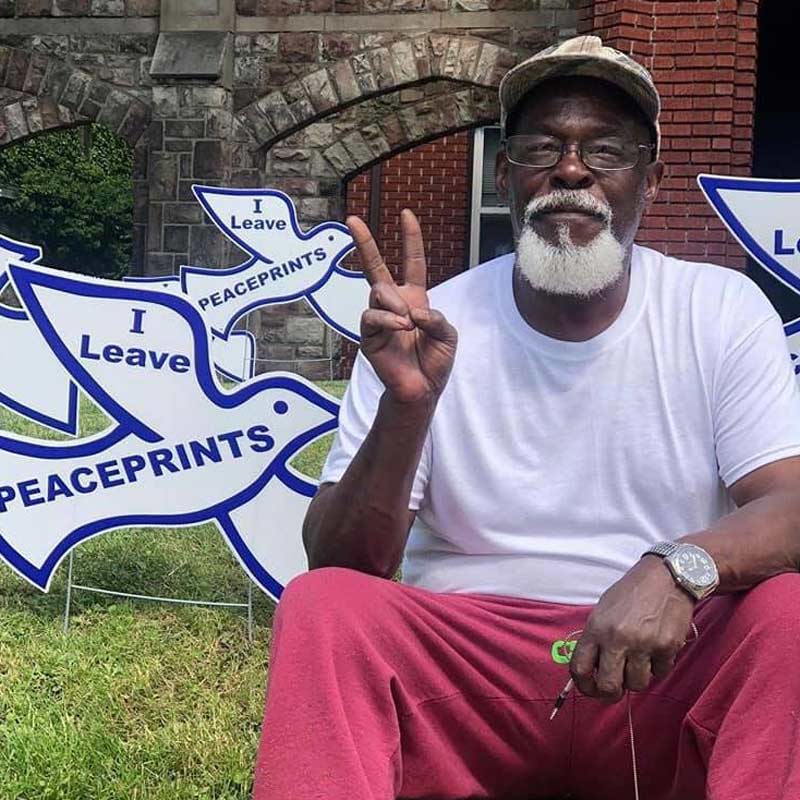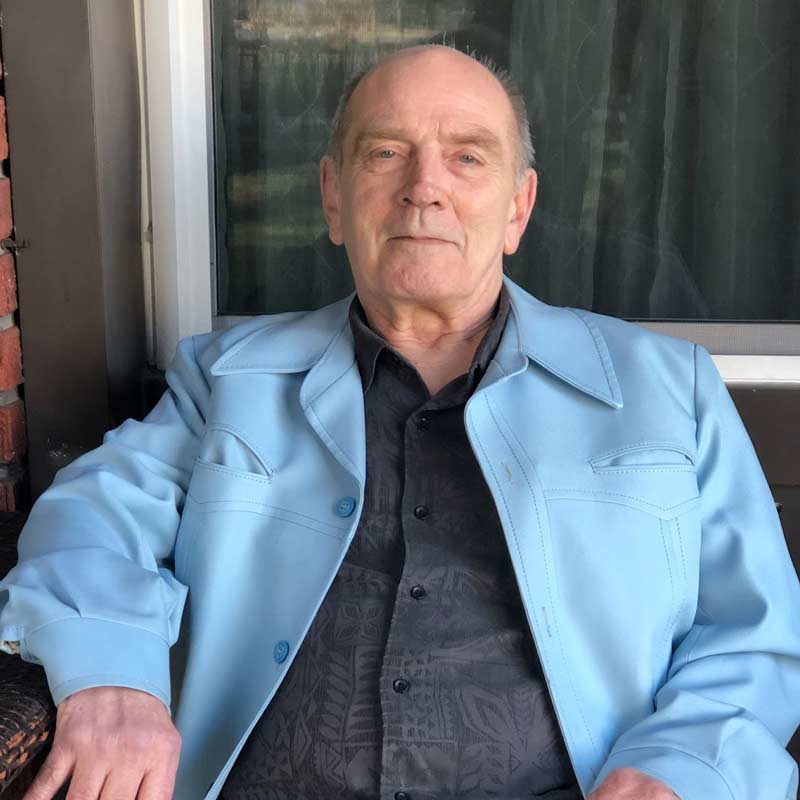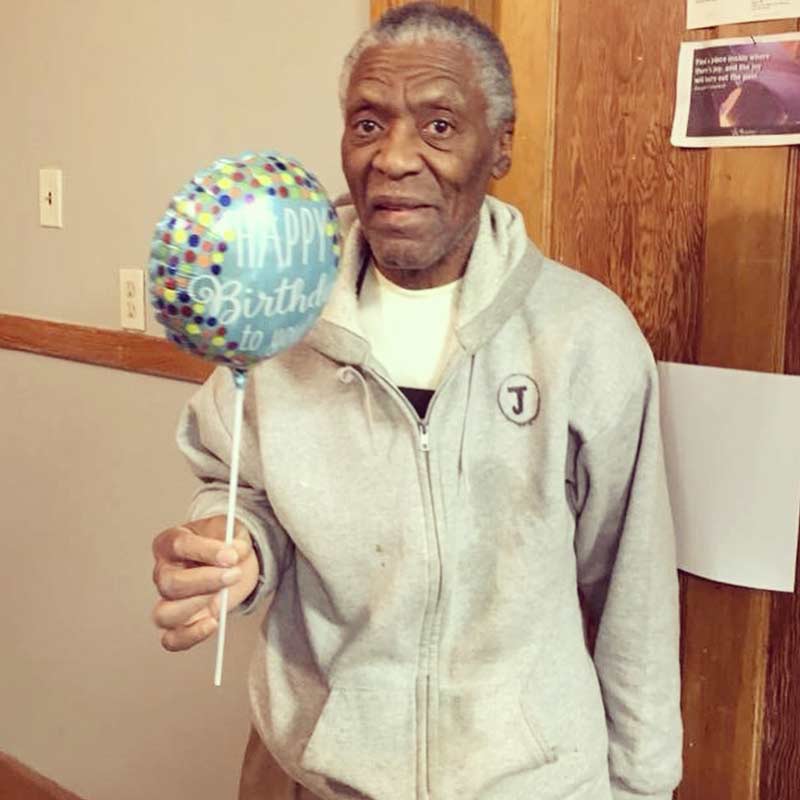Housing Programs
Bissonette House
Bissonette House is a NYSDOCCS supported, 120-day transitional residence program which provides its Residents with the support and guidance needed to make a positive transformation and a successful reentry.
Everyone residing at Bissonette House abides by the community living values established within our home. This includes participation in chores, house dinners, morning focus groups, as well as through involvement in other house and community activities. Additionally, we ask that each house member meet with our in-house Transition Coordinator once a week for individual transition planning sessions. We appreciate the busyness of individual schedules and attempt to make our program demands loose enough to accommodate specific needs as well as Parole-mandated appointments.
For more information on program eligibility, please contact Assistant Director of Residential Programs, Luna Vasquez at [email protected] or by phone at (716) 808-3794.
Hope House
Hope House is a NYSSHP funded, low income, supportive housing program. The supportive environment offers men transitioning out of our Bissonette House an opportunity to continue their community reintegration. Hope House has ten private rooms that are move-in ready; additional amenities include a full industrial kitchen, living and dining room, as well as coin operated laundry facilities.
Residents in our supportive housing can expect increased responsibilities however in a less structured environment. Residents are responsible for paying rent which includes cable and utilities, keeping the residence clean, purchasing their own household goods, and abiding by any other conditions of release. Residents are also encouraged to meet with the in-house Transition Coordinator on a monthly basis to ensure progress and accountability.



Abbott Road Apartments
Opened November 2016, these newly renovated one and two bedroom units serve as safe, clean and affordable supported living apartments for people with criminal convictions and their families. Residents are responsible for paying rent, keeping their residence clean, purchasing their own household goods and if applicable, abiding by any other conditions of release. Residents and their families are encouraged to meet with their assigned Transition Coordinator, once per month to ensure progress and accountability.




